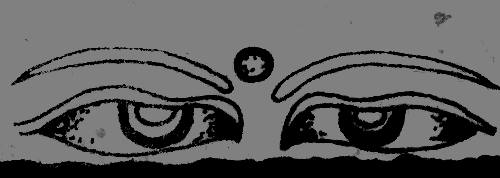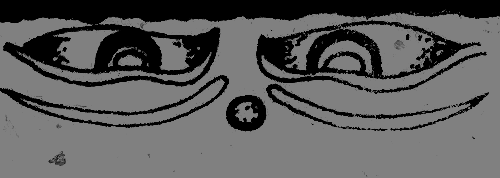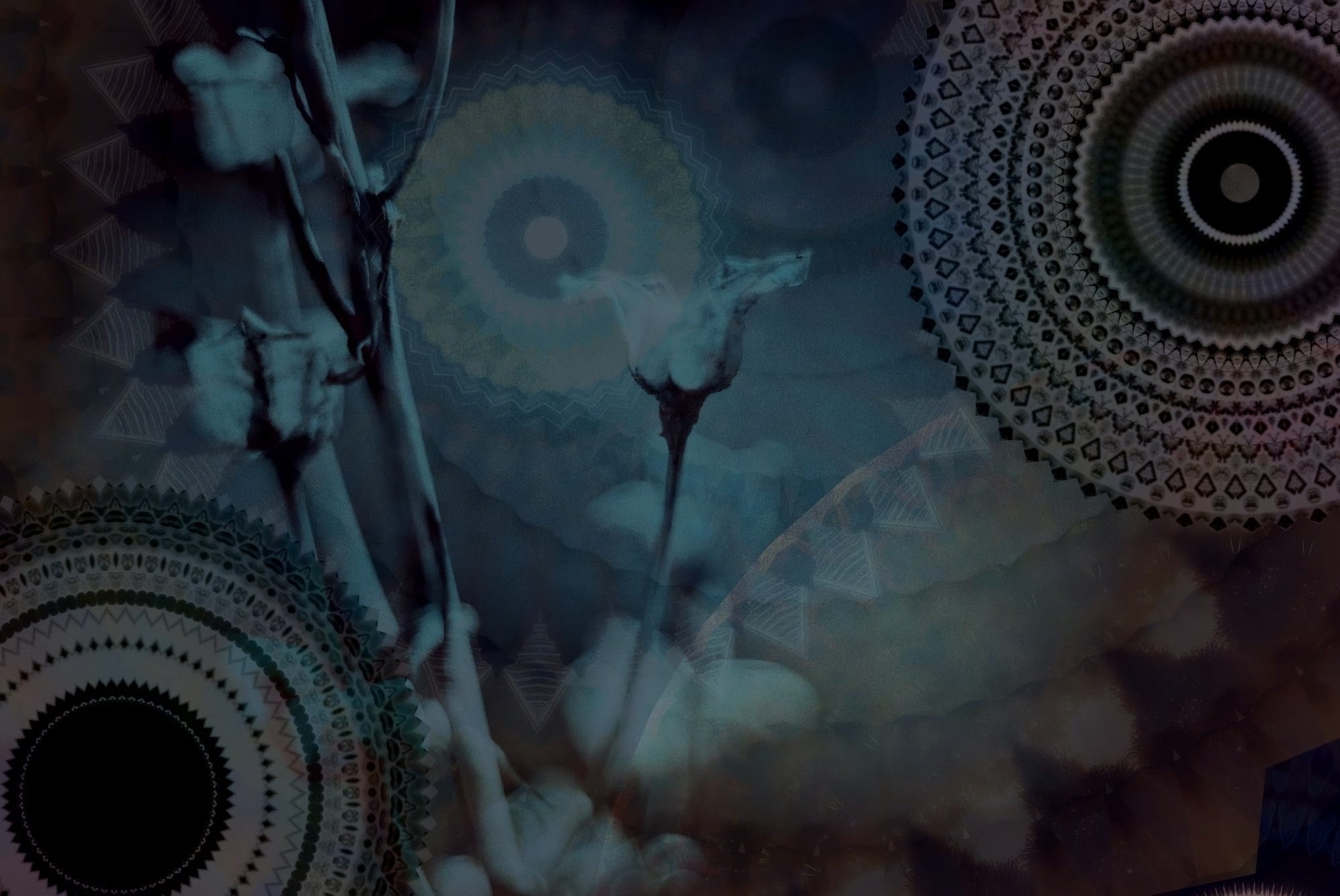The Ancient Quest
for Rejuvenation and Immortality
From the earliest epochs of human existence, there has been a profound and universal yearning: the aspiration for immortality. This is not just a fleeting or superficial wish but a deep-seated drive that surpasses our temporal pursuits, whether they be wealth, fame, or knowledge. At the core of this longing lies an understanding – perhaps intuitive – that we harbour an immortal essence within us, a spark of the eternal.

Our physical existence, with all its fleeting joys and inevitable challenges, serves as a reminder, a signpost pointing towards our broader spiritual origin and destiny. The looming shadow of death, the ultimate endgame for all mortal beings, stands in stark contrast to this intrinsic drive for eternal existence. While the march of time ensures that every life, regardless of its brilliance or mundaneness, must eventually face decay and demise, the human spirit rebels against this finality.
For some, longevity represents an ideal, a beacon of hope in the physical realm, yet even a protracted life is but a blip in the grand tapestry of infinity. In response to the existential dread of mortality, religions across the world offer narratives of hope, positing afterlives, resurrections, and ethereal realms where the soul is liberated from the fetters of corporeal existence. Yet, deeper spiritual doctrines, especially those stemming from ancient Asian traditions, delve even further.
They illuminate a path where consciousness itself, unburdened by physical or even astral confines, attains a state of timeless existence, where birth and death are but illusory concepts. Ultimately, our aspiration isn't solely for an endless life. It's for a life imbued with unceasing bliss, free from the spectres of suffering and pain. This is the profound truth at the heart of our shared human experience: the quest not just for eternal life but for an eternally meaningful one. The journey to immortality is layered in:

Bodily Rejuvenation
This concerns the tangible, seeking longevity and revitalization of the mind and body.

Transcendent Immortality
A deeper, spiritual quest that ventures beyond mere persistence to seek a conscious existence untethered from the cyclic confines of birth and death.
From the unreal lead us to the real. From darkness lead us to light. From death
lead us to immortality.
Soma Chant from the Brihadaranyaka Upanishad I.3.28
The Timelessness of the Mind
Throughout the ages, while the pursuit of bodily immortality has seemed elusive, the potential for mental immortality has emerged as a fascinating contemplation. It's commonly observed that, as we age, our minds often retain a youthful zest, even if our bodies show signs of wear. Many elderly individuals, despite the advanced years of their physical forms, possess minds that are vibrant, sharp, and radiant with creativity. Such individuals, who mature not just with age but with wisdom, serve as beacons, exemplifying that mental vitality need not diminish with time.
Going deeper, many spiritual traditions explore the idea of the mind's continuity beyond our bodily demise. They speak of the mind's ability to transcend death, as seen in the concept of rebirth or reincarnation. In the cycle of birth, death, and rebirth, the average person may lose memories of past lives, entering a new life as though waking from a deep slumber. According to these teachings, while the mind is inherently undying, it undergoes cycles of active phases and rest. The core of the mind, laden with our karmic imprints, persists beyond the death of the body. Yet, this enduring nature is predominantly at the core level, with our day-to-day thoughts and emotions tied to our current life getting dissolved at death. The challenge for most is to tap into this enduring core, making the vast expanse of the mind's potential accessible in everyday awareness. Through heightened spiritual practices, it's believed one can unlock this continuity, experiencing death and rebirth as mere transitions akin to nightly sleep and morning awakening.
The quest for immortality isn't about prolonging physical life or maintaining our current personalities beyond death. Instead, it's about realizing the ever-present immortality within and shifting our identification from the mortal to the immortal. The solution isn't in preventing death but in transcending its illusion.
The journey to this realization requires aligning the mind with our innermost being, a task that demands dedication, spiritual practice, and self-inquiry over time, possibly across lifetimes. Achieving harmony in the body aids this process, making physical longevity beneficial, but it's not an end in itself.
Three core aspects are to understand:
To truly grasp and experience this deepest form of immortality requires dedicated spiritual practice and a shift in perspective from the outer to the inner self.

We have drunk the Soma.
We have become immortal. We have reached the Gods.We have entered the realm of heavenly light. What now can the ungrateful do to us, what harm of the mortal, O immortal Soma?Grant peace to our hearts when drunk, O drop. Gracious as a father to his son, as a friend to a friend, wise and of good counsel, O Soma extend our lives for our souls. Rigveda VIII.48.3-4
Soma
Soma, rooted in ancient Vedic tradition, signifies the nectar of immortality and has parallels in various ancient cultures, representing their sacred plants and deities. In Vedic scriptures, Soma is equated with Amrita, denoting both nectar and undying essence, and is considered a primary Vedic deity. Its symbolism extends into modern literature, as depicted in Aldous Huxley’s "Brave New World", where Soma is a mind-controlling drug. The overarching question is whether humanity will pursue a spiritually liberating Soma or be content with a superficial, chemically-induced version.

